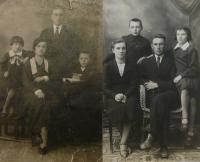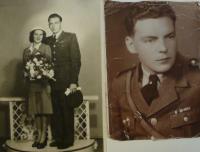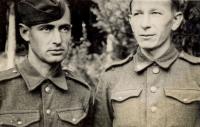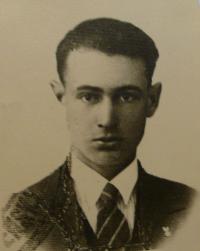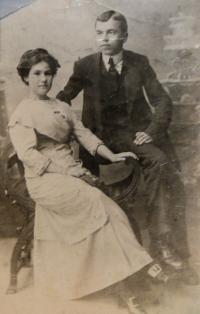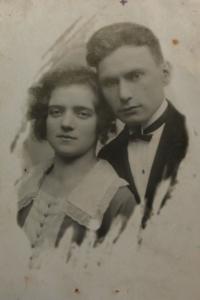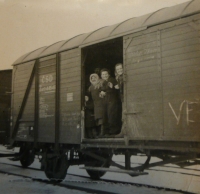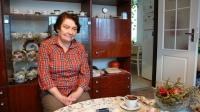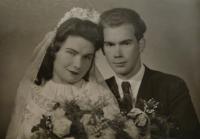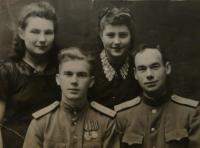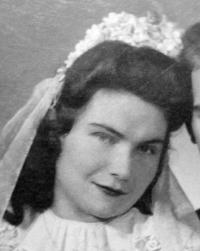“I wish there would be no war anymore. My wish is for people to live in peace, to respect each other and to remain healthy. That’s the most important thing.”

Download image
Mrs. Zdena Furmanova was born on November 1st 1928 in Mirohost village located in Volhynia.(During the years 1868-1880 many of the Czech citizens moved to former imperial Russia where they believed to find a better place to live, specially better conditions for farming and living. Most of them settled down in town called Volhynia, and became known in history as “Volhynian´s Czechs”. Many of them returned to Czechoslovakia after the World War II.) Her parents, father Karel Prusa and her mother Marie Prusova, were the owners of quite a big farmstead in Mirohost village. Her mother Marie is still alive. She is 102 today and lives in Litomerice town. Mrs. Zdena Furmanova had one two years older brother Jaroslav Prusa. He graduated on the flying school in Tbilisi (capital of Georgia) and became a pilot. After the war he was working as a professional pilot. He is no longer alive. Mrs. Zdena Furmanova finished the grammar school (10 grades) in Volhynia. After that in 1944 she started her job career as a proofreader in production office in Dubno´s local newspaper. In 1946 she married a soviet private Sergei Furman and left together with him and her mother to Czechoslovakia in 1947. They had two children.
